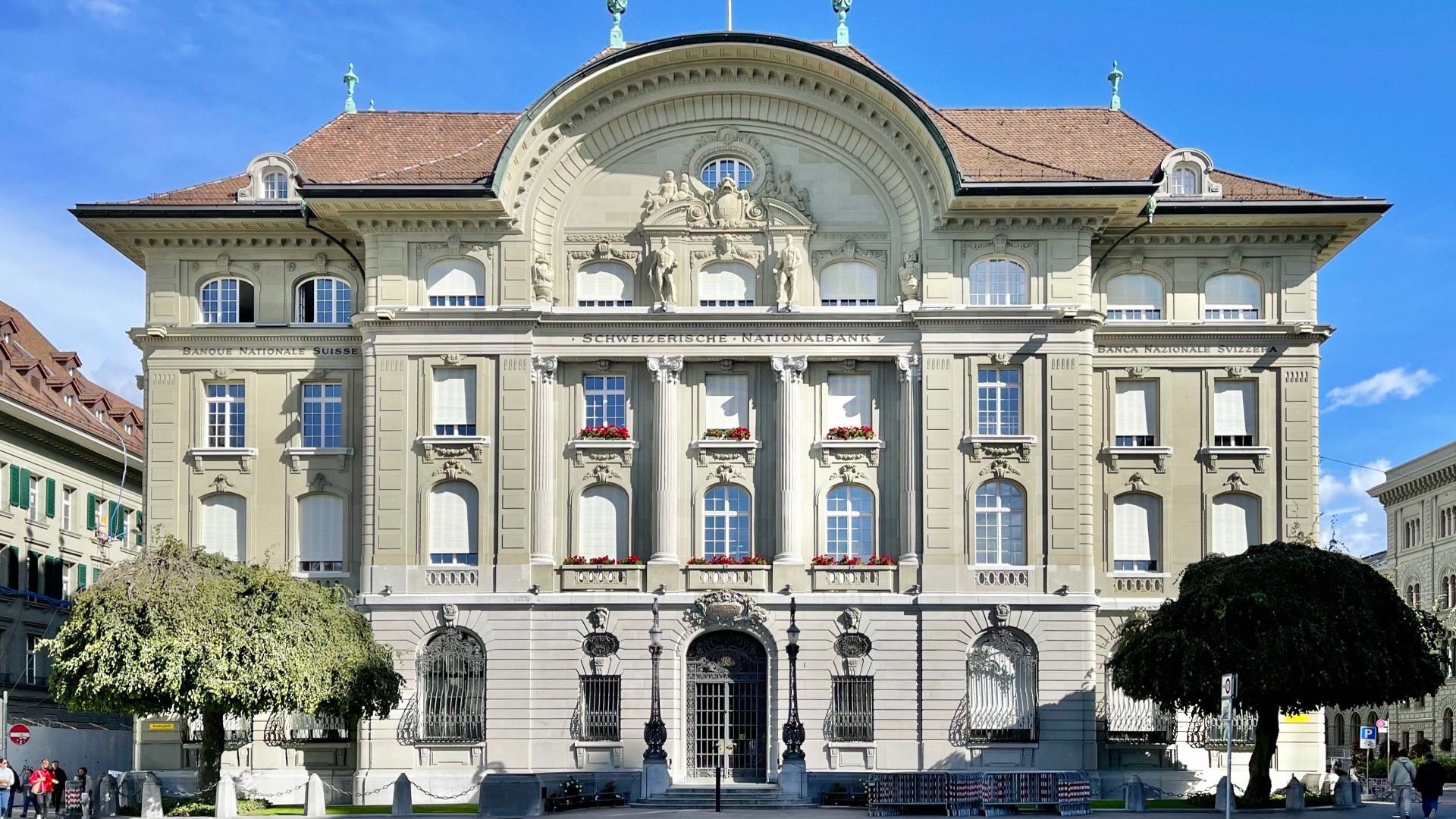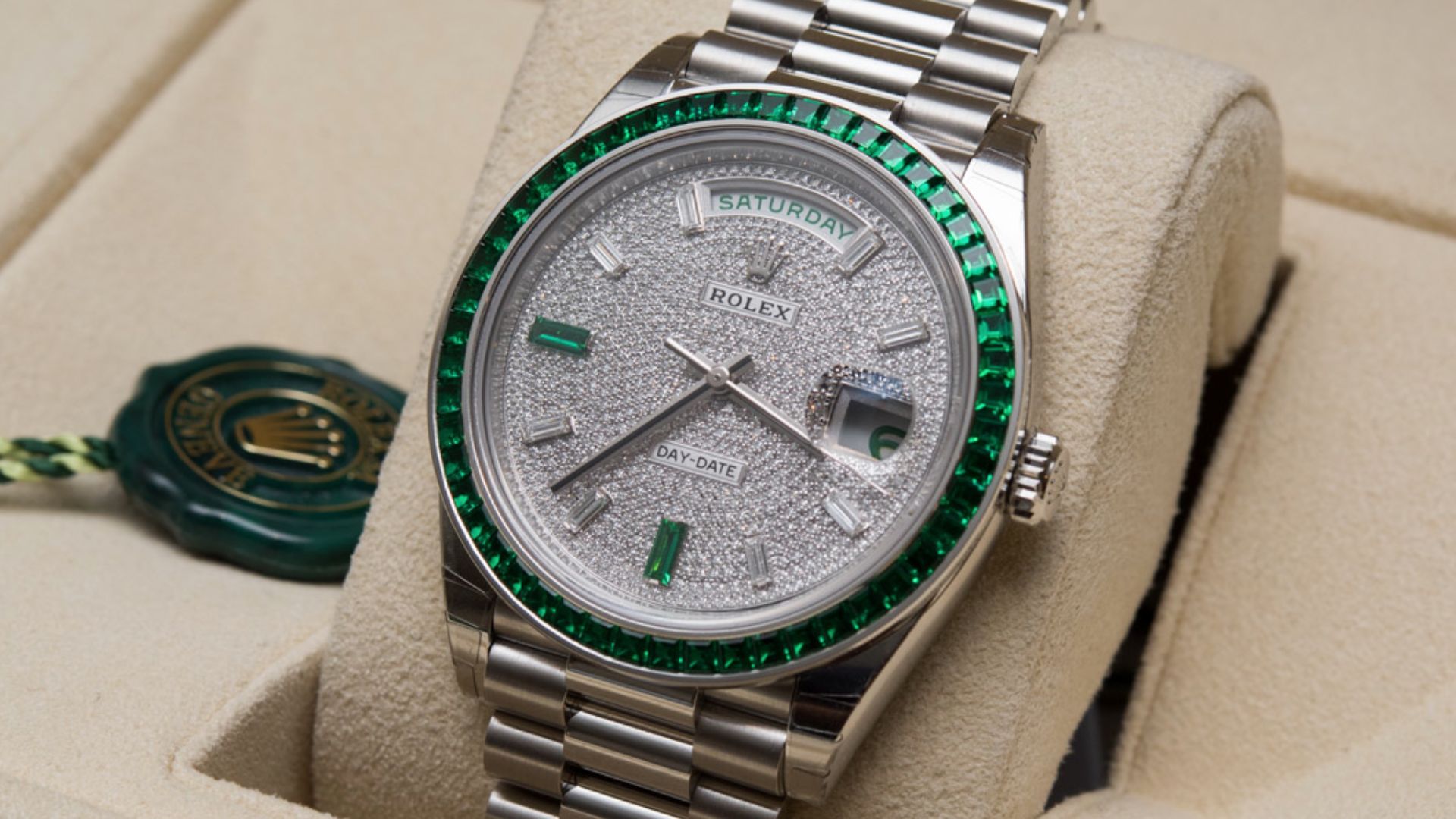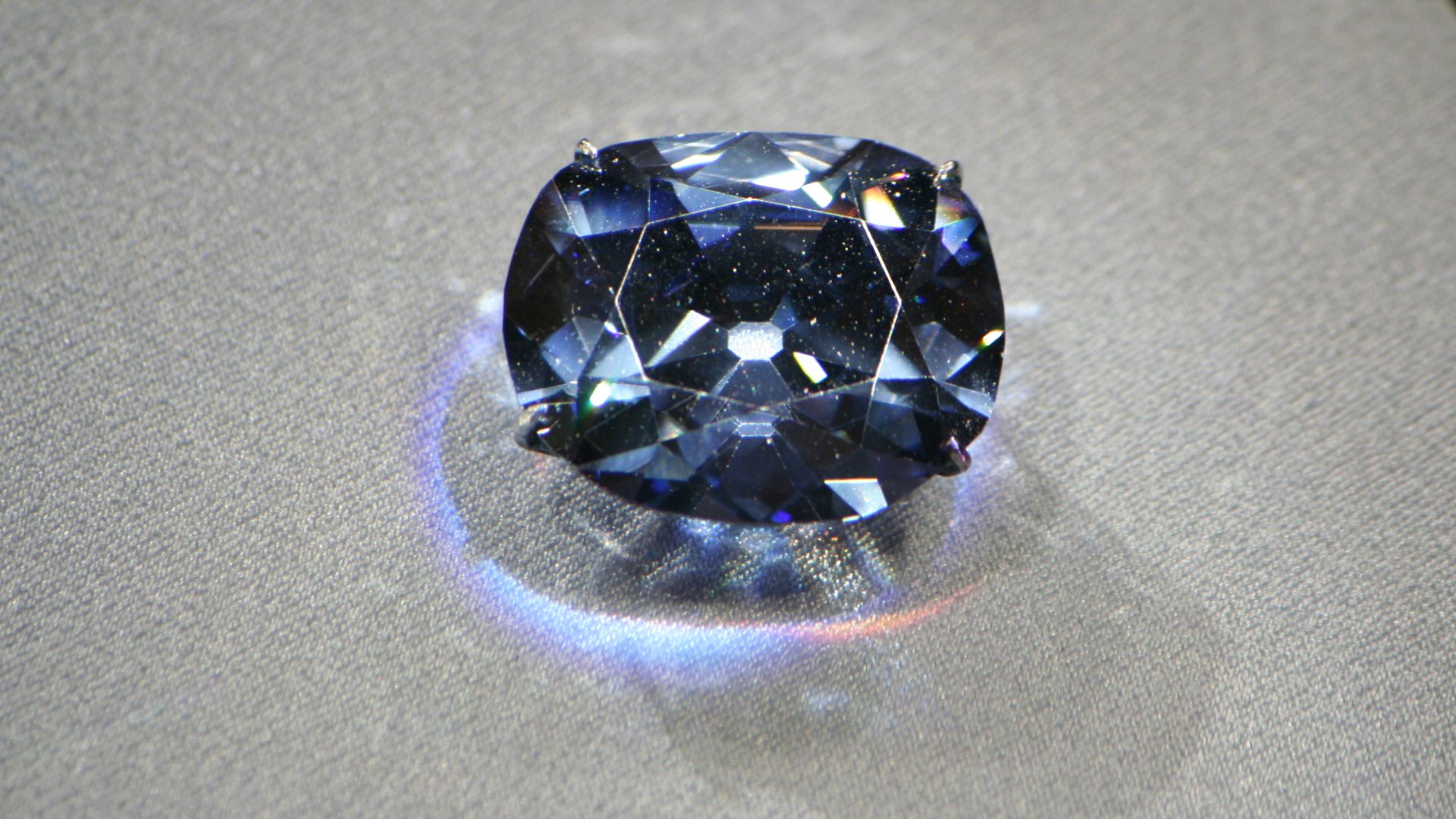What The Rich Add To Their Portfolios
A closer look at how affluent families invest uncovers striking patterns. Certain assets rise above the rest, chosen for their prestige and growth potential. Understanding these choices offers rare insight into what truly sustains wealth across generations.

Prime Real Estate
Generational wealth often begins with real estate. High-net-worth individuals typically dedicate more than 10% of their assets to property. Their holdings span luxury residences, commercial buildings, and vacation estates, especially in high-demand global hubs.
NFTs And Digital Collectibles
As a new category of digital assets, NFTs include art and virtual property. Some pieces have sold for millions, rivaling traditional masterpieces. Yet adoption remains limited, as platform restrictions and security concerns slow integration.
Offshore Bank Accounts
Offshore banking hubs such as Switzerland and the Cayman Islands continue to attract the rich. These accounts deliver privacy protections, global financial access, and specialized services. They also enable currency diversification and asset security.
Venture Capital Investments
Venture capital has fueled many of today’s most prominent technology companies. High-net-worth people embrace these early-stage opportunities despite the risks, motivated by the potential for outsized rewards. By supporting ambitious startups across sectors, investors play a big role in transforming innovative ideas into industry-leading enterprises.
Fine Art Collections
Art has long stood as both a store of value and a symbol of taste. Collectors often specialize in genres such as contemporary or impressionist works. Lending pieces to museums enhances prestige, while names like Picasso and Warhol secure art’s enduring role in elite portfolios.
 Phil Roeder, Wikimedia Commons
Phil Roeder, Wikimedia Commons
Private Equity Stakes
Private equity attracts elite investors by providing exclusive access to high-growth opportunities. With PE-backed firms now outnumbering public companies, the sector offers diversification and privileged exposure to businesses often unavailable on public exchanges.
Classic Or Exotic Cars
Prestigious marques such as Ferrari and Bugatti dominate the world of collectible automobiles. Limited production runs, combined with meticulous preservation, increase their long-term appeal. Wealthy automobile enthusiasts showcase these vehicles at global auctions and events, where values often climb.
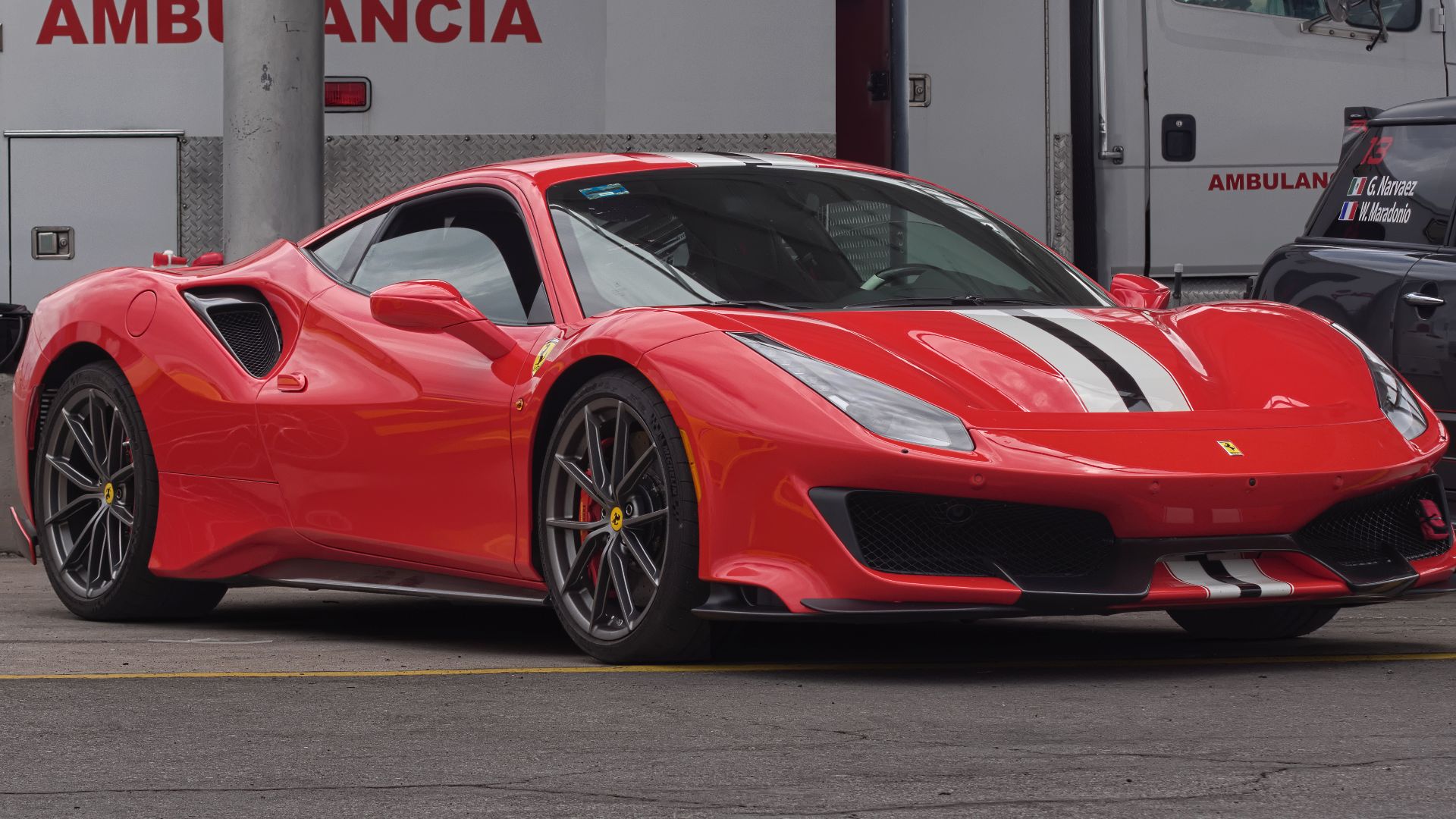 Carlos Valenzuela, Wikimedia Commons
Carlos Valenzuela, Wikimedia Commons
Private Yachts
For the ultra-wealthy, yachts represent luxury in motion. Outfitted with cinemas and spa facilities, they function as private floating estates. Beyond opulence, yachts create exclusive social spaces, though ownership is costly.
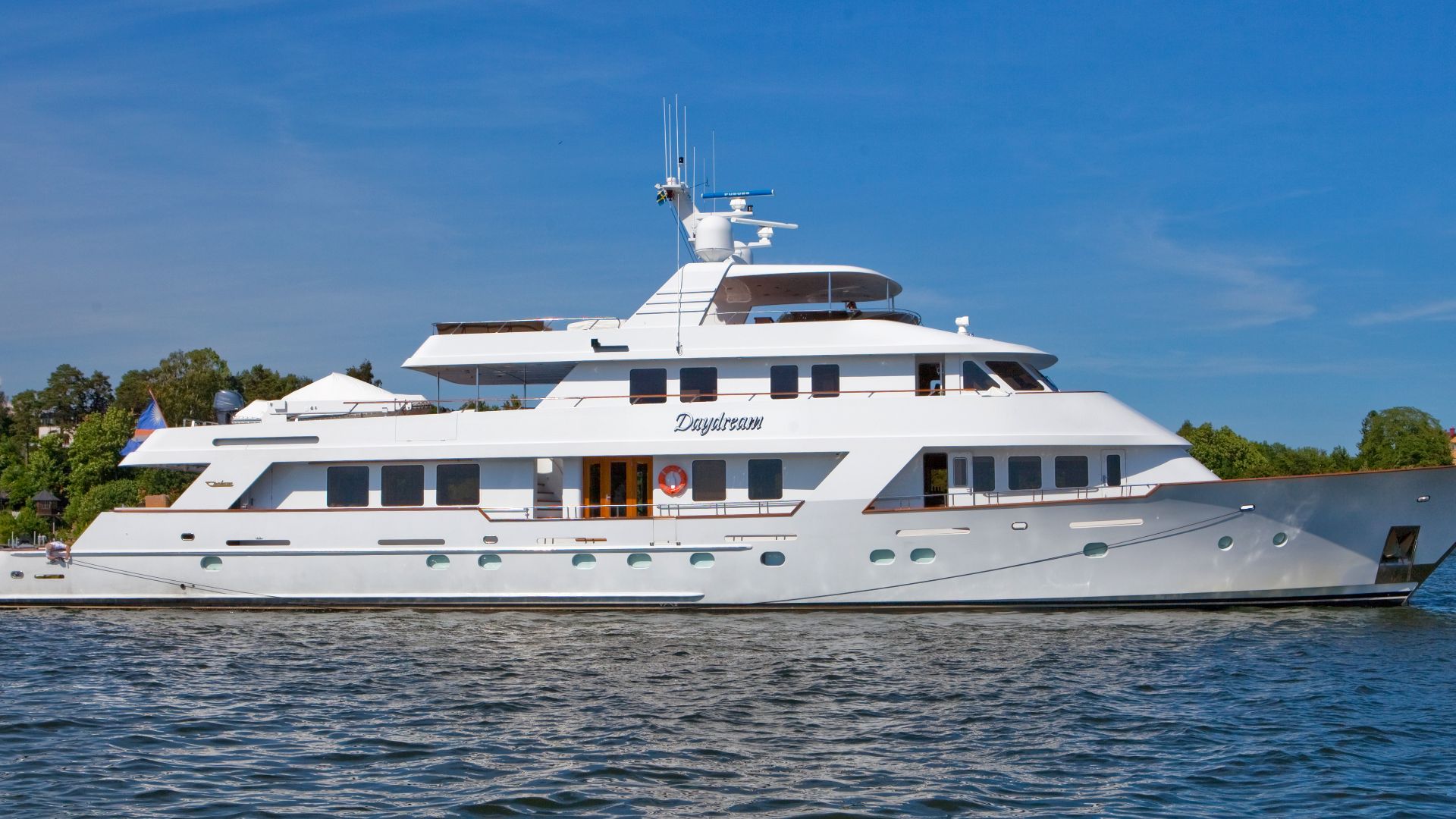 Bengt Nyman, Wikimedia Commons
Bengt Nyman, Wikimedia Commons
Land In Developing Areas
Undeveloped land holds strong appeal for affluent investors who think decades ahead. As urbanization reshapes regions, they secure plots in developing zones, anticipating future appreciation. Much like institutional investors, this practice of land banking preserves wealth while positioning owners for extraordinary gains once growth reaches those areas.
 JackFromWisconsin, Wikimedia Commons
JackFromWisconsin, Wikimedia Commons
Historic Estates Or Castles
Historic estates and castles appreciate in cultural and financial value, though upkeep costs can be immense. Strategic owners often offset expenses by converting them into boutique hotels or elite venues for luxury events.
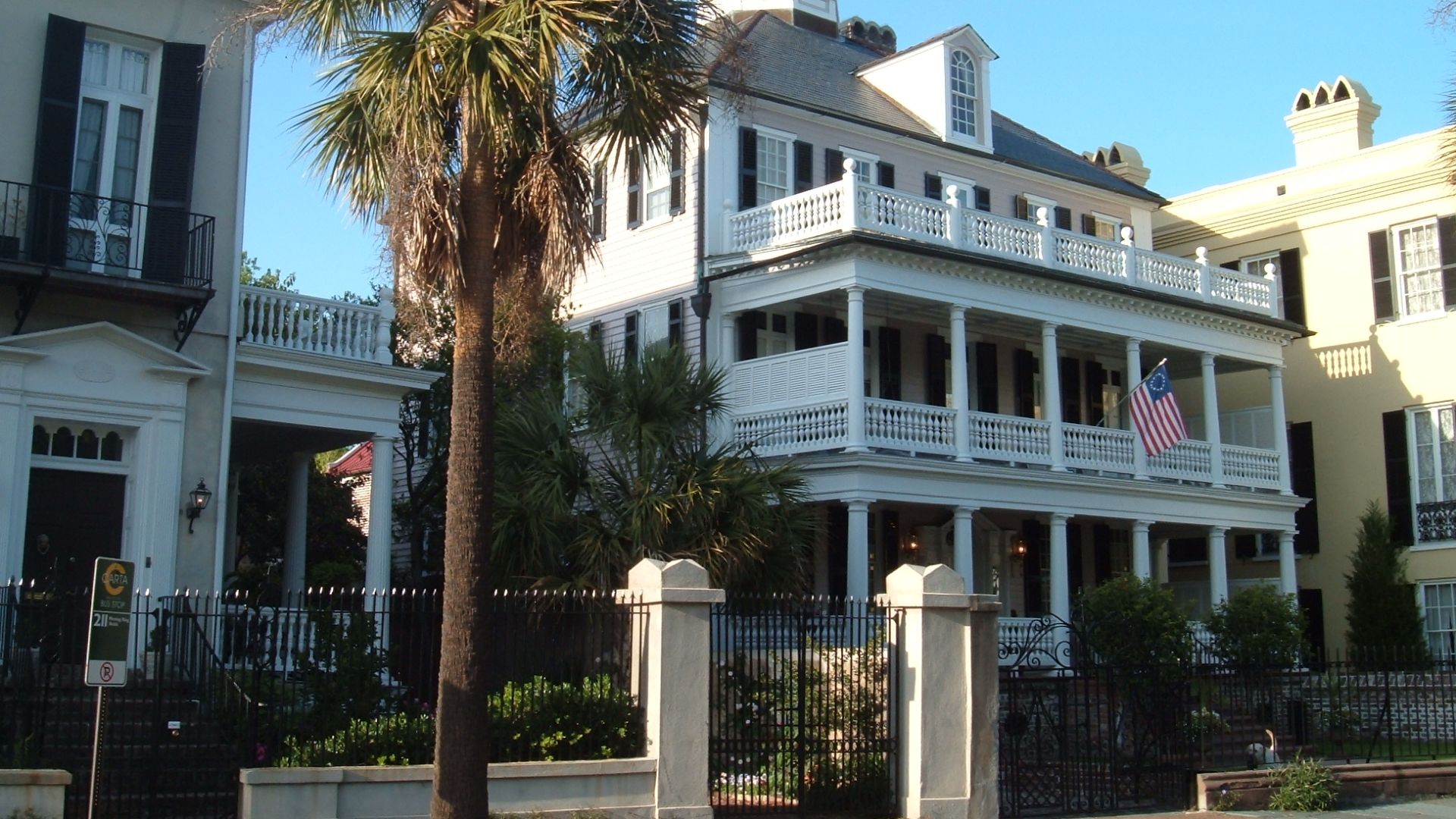 Brian Zinnel, Wikimedia Commons
Brian Zinnel, Wikimedia Commons
Rare Watches
Scarcity drives the rare watch market, where manufacturers like Rolex and Patek Philippe intentionally limit production. With only dozens of pieces released, demand far outpaces supply. Vintage timepieces regularly command million-dollar prices at Sotheby’s and Christie’s.
Private Jets
Private jets eliminate the limits of commercial air travel and provide access to thousands of smaller airports worldwide. Passengers enjoy tailored schedules and luxurious interiors complete with bedrooms, offices, and kitchens.
 Frank Kovalchek from Anchorage, Alaska, USA, Wikimedia Commons
Frank Kovalchek from Anchorage, Alaska, USA, Wikimedia Commons
Rare Jewelry And Diamonds
Diamonds and rare jewelry remain trusted stores of value while doubling as prestige symbols. Unique cuts and rare colors are more expensive, which makes them attractive to wealthy investors.
Fine Wine Collections
Specialized cellars and professional vaults highlight wine’s dual role as indulgence and investment. Prestigious vintages stored under ideal conditions often gain value over time. Auction records, where rare bottles fetch hundreds of thousands of dollars, highlight why these collections remain attractive assets.
 chris.wojtewicz, Wikimedia Commons
chris.wojtewicz, Wikimedia Commons
Rare Books, Manuscripts, Or Antiques
Rare books and manuscripts represent cultural heritage and financial value. Collectors safeguard such antiques in climate-controlled vaults, treating their acquisitions as passionate pursuits while simultaneously securing long-term investment potential.
Country Club Or Golf Club Memberships
Country and golf clubs serve as gateways to elite social networks. Beyond private dining and wellness amenities, memberships require steep initiation fees, recurring dues, and sometimes lengthy waiting lists. Carefully curated access ensures exclusivity.
Second Citizenship Or Golden Visa Residencies
Investment-based residency and citizenship programs offer global mobility and strategic tax benefits. By funding real estate or businesses abroad, high-net-worth individuals secure second passports. These golden visa pathways open doors to premier education and international opportunities.
Philanthropic Foundations Or Charitable Trusts
Philanthropic structures serve dual purposes: advancing causes and managing wealth transitions. The rich often establish charitable trusts or foundations tied to personal values. Beyond significant tax advantages, these entities channel resources into medicine, education, and the arts.
Naming Rights Or Sponsorships
Wealthy patrons have long sought to immortalize their names through cultural and sporting venues. While corporations now dominate naming rights for stadiums and arenas, some rich families still participate. Sponsorships worth hundreds of millions offer prestige, ensuring their legacies last.
Exclusive Sports Team Ownership
Professional sports team ownership remains one of the rarest investments available. Families seeking multigenerational influence value these assets for their financial appreciation and enduring prestige. Ownership delivers exclusive privileges and elite hospitality access.
Blue-Chip Stocks
Few investments match the long-term reliability of blue-chip stocks. Companies like Apple and Coca-Cola serve as anchors for wealthy portfolios. Beyond household name recognition, they deliver consistent dividends and steady growth even when markets fluctuate.
 Joe Ravi (Shutterstock iStock Dreamstime), Wikimedia Commons
Joe Ravi (Shutterstock iStock Dreamstime), Wikimedia Commons
Government Bonds
When markets grow volatile, government bonds provide reliable stability. These securities deliver predictable fixed income while diversifying wealth portfolios. Municipal bonds improve tax efficiency, and laddering strategies reduce interest-rate risks while preserving liquidity.
Hedge Fund Investments
Hedge funds employ advanced strategies ranging from derivatives to short selling, attracting top-tier managers commanding exceptional compensation. They can generate returns across market cycles by offering wealthy investors a flexible alternative to traditional assets. Entry, however, demands substantial capital commitments.
 Panchenko Vladimir, Shutterstock
Panchenko Vladimir, Shutterstock
Index Funds And ETFs
Providing efficient access to broad markets and niche sectors, index funds and ETFs’ transparency and affordability appeal to wealthy portfolios seeking balanced growth. Despite their technical underpinnings, these vehicles remain simple to manage.
Cryptocurrencies
Bitcoin and Ethereum have emerged as preferred digital assets within elite portfolios. Though still accounting for just 1% of ultra-wealthy holdings, they offer privacy and portability. Millions can be stored within a single wallet, while their cross-border functionality highlights cryptocurrencies’ growing role in diversified wealth strategies.




